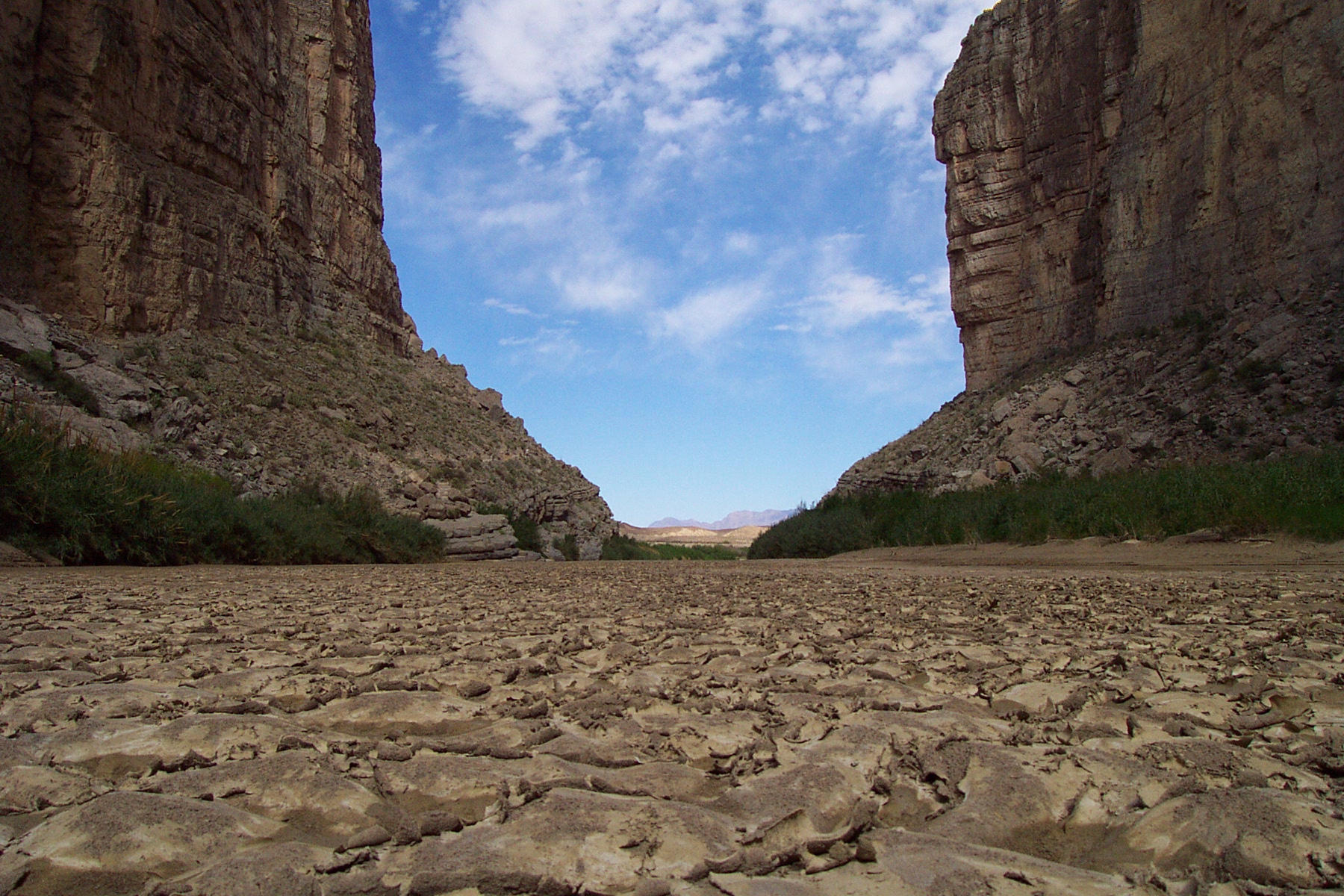I am home now, one week returned from Israel, a land varyingly described by the people whom my Birthright group heard from—farmers, Kabbalistic painters, tour guides, political and religious salesmen—as either our modern or our ancestral homeland. Certainly, one of the two.
However immune to salesmanship I like to consider myself, I caught the bug too. Hiking through a canyon in the Galilee, I began to consider that the surprisingly temperate, hilly terrain I was passing through was not the familiar Ramapo mountains of North Jersey, where I was born, nor the scattered volcanic rumps of the Montérégie in southern Quebec, nor the snowy fells of the English Lakes, which I explored two years ago. I was not hiking in England, or Canada, or America. Those mountains I was hiking through were not just ordinary goyische mountains. These, I reminded myself, are Jewish mountains.
Hiking in Nahal Amud, a canyon in the Upper Galilee, northern Israel.
I hardly need anyone to point out the many problems with that statement, starting with the nearly two thousand years during which those mountains were ruled by Ottoman sultans or Christian crusaders, among others. To those we might add the hundreds of millions of years (just guessing here) before God sent Abraham to Canaan, during which, if asked, the Galilean mountains in question would surely not have claimed membership with the Tribe, nor, for that matter, any monotheistic beliefs at all. The mountains themselves are the result of—what else?—eternal conflict between the African and Arabian continental plates. Their loyalties to the Jewish nation are implicit at best. My characterization of them as Jewish was just a projection, albeit a very comforting, and thus convincing, one.
Just as, in the weeks before we left, I had smugly considered the 12-day Birthright trip the price that had to be paid so I could explore Israel afterward, alone, during my week-long extension, so too had I thought of the entire trip to Israel as one more hurdle standing between me and the truly exciting thing on the horizon—a nearly four-month road trip with Brahna across the U.S. and Canada. With Israel coming first, and, even more pressingly, getting through my last exams at McGill and saying goodbye to Montreal, I couldn’t always conceive of the U.S. adventure as anything beyond a fun idea to think about and pretend to plan for. “Mountains beyond mountains,” I told her on the phone sometime last fall.
Both of my assumptions about the Israel trip proved false. As the tour bus full of the rest of my Birthright group pulled away from our Jerusalem hotel on our last morning together, I donned my sunglasses, heaved up my two backpacks, and walked towards the rising sun, towards the Old City. I felt cool, independent. And I immediately got lost. Throughout Birthright, on all the extra-curricular adventures my friends—some new, some very old— and I had gone on, we simply trusted our own and one another’s instincts, and never once got lost. When those instincts led us to a grapefruit patch, or to a secluded beach at the Sea of Galilee, or through the Muslim Quarter to the Church of the Holy Sepulchre and back to the Jewish Quarter in time for roll call, it seemed like a sign. Ordinarily a pretty skilled navigator, I saw another sign in my getting lost just a few minutes after the donning of the shades. I felt pretty low that whole first day of my extension.
And, what’s more, Israel itself proved to be anything but a lame opening act you might as well catch before the big show. Though I went in with my skeptical radar turned on high, I found myself, in the privacy of my own thoughts, more or less formulating similar observations and exclamations to those you would find—and I would certainly mock—on any Birthright brochure: “2,000 years of exile!” “It’s, like, my real home! Home, that’s a funny word. HOME!” I felt like Alexander Portnoy, sitting on the beach in Tel Aviv:
Under me the sand is warm: Jewish sand. I buy a Jewish ice cream from a Jewish vendor. “Isn’t this something?” I say to myself. “A Jewish country!”
The trip to Israel disrupted my march to the U.S. trip, but perhaps in a different way than, before leaving, I had thought it would. It led me to quietly question the whole premise of our upcoming road trip. Whose country, exactly, are we setting out to explore?
Big Bend National Park in south Texas. This photo is my computer background right now.
I don’t have a good answer for this yet. I can say, for sure, that I am not about to make aliyah anytime soon. I felt something for the land in Israel, but there remains something disturbing to me in the thought that you can drive from the top of Israel to the bottom in five hours—something unfulfilling. But that is a projection, too. We ask the land to reflect our own beliefs, needs, and dreams. America's advantage remains, for me as for so many others past, the unfathomable vastness of its land.



No comments:
Post a Comment